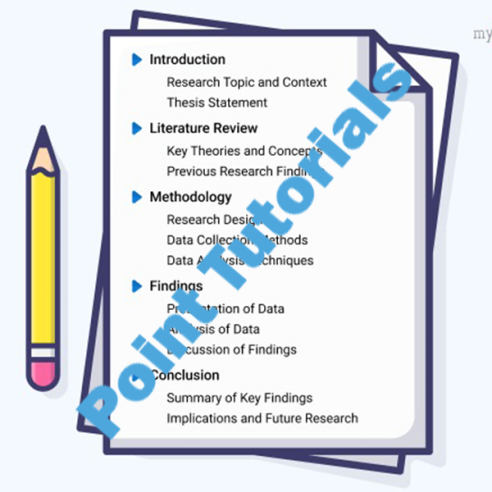
NURS 4050 Assessment 1
In Stock
Preliminary Care Coordination Plan
Mental health is an increasingly important issue worldwide as more light is shed on the prevalence of disorders like depression and anxiety. According to the National Institute of
Mental Health, one in five U.S. adults experience mental illness in a given year (National Institute of Mental Health, 2023). Although effective treatments exist, stigma, lack of accessibility, and lack of education remain barriers preventing many from obtaining necessary care. This care coordination plan addresses key aspects of supporting an individual’s mental health and wellness through a holistic, community-based approach. We can more comprehensively meet individuals’ needs by considering relevant physical, psychosocial, cultural, and contextual factors in treatment and recovery. Collaboration with community resources can eliminate additional barriers to care while fostering long-term wellbeing. The ultimate goal is to empower individuals to manage their condition effectively and live fulfilling lives.
Analysis of a Health Concern and the Associated Best Practices
Coordinating comprehensive care is vital for successful treatment and management of mental health disorders. A whole-person approach, addressing psychological, physical, social, cultural, and environmental factors that influence mental well-being, is considered a best practice (Felsky et al., 2023). Psychotherapy has solid evidence for effectively treating conditions like depression and anxiety (Krzikalla et al., 2023). However, not all can access or afford private counseling. Community mental health centers offering sliding-scale outpatient therapy can help fill this gap. When combined with medication management for severe disorders requiring pharmacotherapy, psychotherapy leads to better outcomes than either treatment alone.
Additionally, for vulnerable groups facing additional stressors, culturally-adapted services show promise. A review found that culturally tailored interventions improved engagement and clinical outcomes versus treatment-as-usual for
Price:$30.00
Category: List of Solutions
